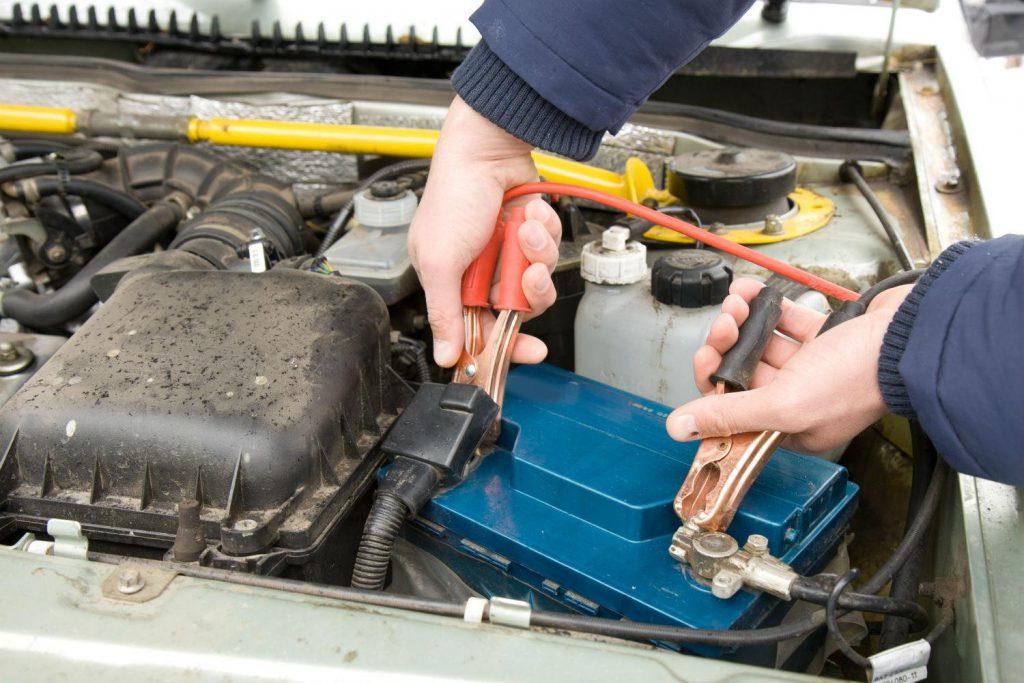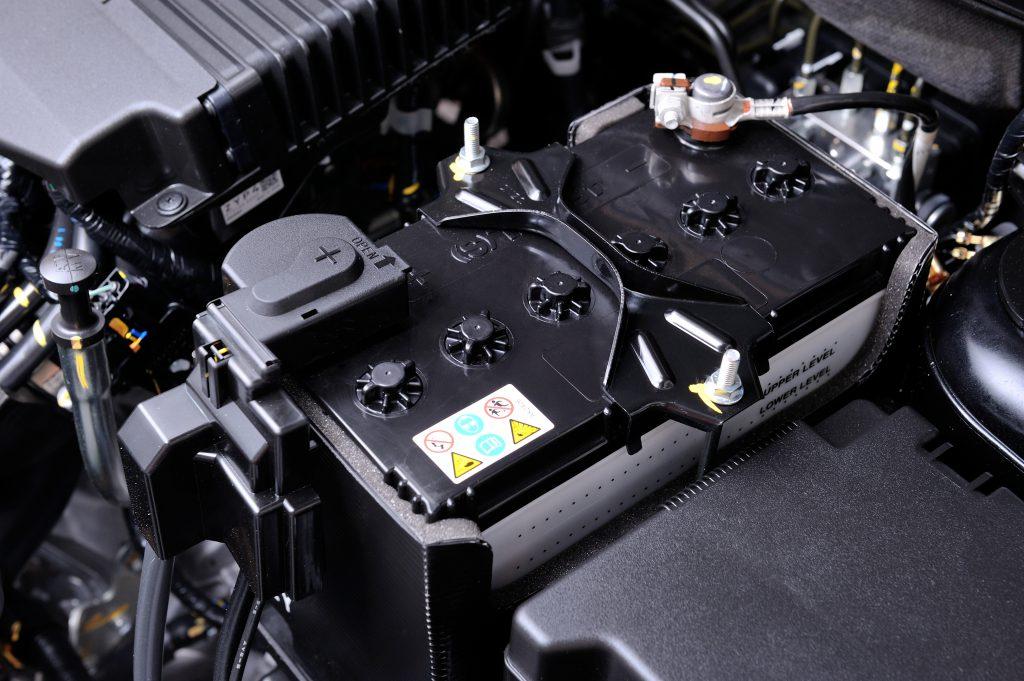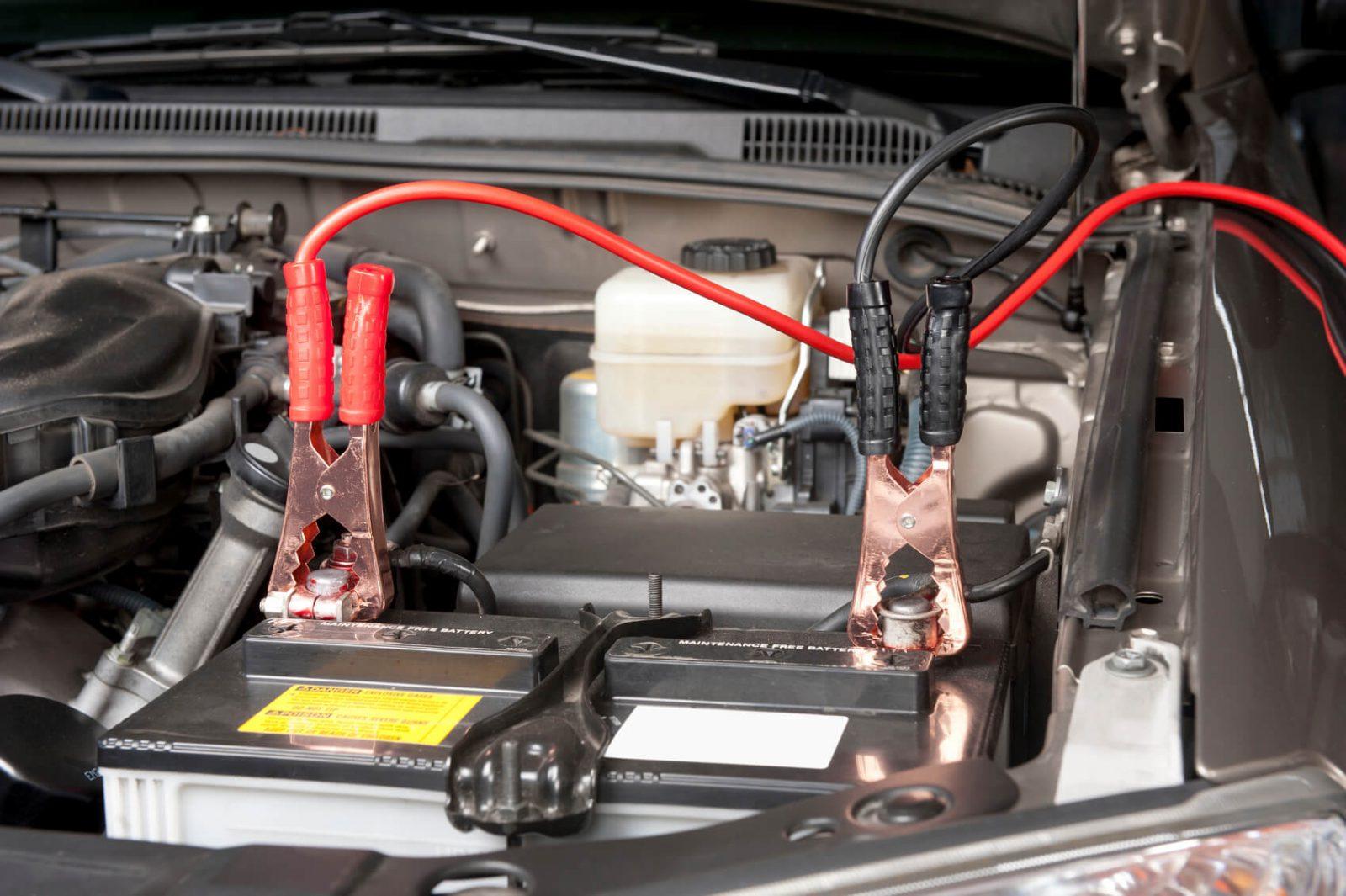A car battery provides the electrical power necessary to switch on the engine of a car. It also stores the extra electricity, created by the alternator. With a dead car battery, you will not be able to operate several electrical accessories of the car.
But the point is why does it happen? There are numerous reasons behind a car battery failure.
Contents
Causes of a Dead Car Battery Failure
With a dead car battery, you will find yourself stranded and of course, without any solution to start your car. In this situation, the best thing to do is call a mechanic. But one must know the common reasons for a car failure.
1. Leaving the Car’s Headlights On
Although most cars have automatic light shut offs, yet without this facility, leaving headlights on is the top reason for a dead car battery. Headlights easily consume the battery and result in the need for a jump start.
2. Using Accessories of the Car
If you are using various accessories of the car leaving the key in the on position, the battery of your vehicle will die rather quickly.
Since the battery needs to provide electricity to start the engine, using accessories such as radio and other infotainment systems cause battery loss.
3. Poor Charging

If the charging system isn’t doing its job well, the car’s battery will drain even while in use. Some cars provide power to the lights, radio, and other systems from the car’s alternator. This depletes the battery faster in case there is a charging problem.
SEE MORE:
How Much Time Does It Take To Charge a DEAD Car Battery
An array of factors is responsible for determining the time duration to charge a car battery.
- The condition of the battery
- Availability of remaining charge after being previously used
- The power of the charge
- The setting on the charge for charging the battery
It means that a high capacity charger would merely take 4-5 minutes to fill the battery. On the other hand, if the charging is tickling it may take around 24 hours to charge a dead battery completely.
Another important point not to miss is the capacity of the battery you are charging. For example, a 12 volts battery will take more time than a 24 volts battery. Along with this, the condition of the battery also plays a key role.
It directly affects the time required to charge it. A maintained battery having sulphuric acid and distilled water will certainly take less time. Further, if the charge used for the battery is more, it takes less to charge it.
For instance, a 2 amp charge may take 24 hours to charge a battery of 24 volts while a 3 amp charge will take less than a day to charge a 12 volts battery.

FAQs on Charging a DEAD Car Battery
-
How long does it take to charge a dead car battery using a battery charger?
Charging times vary based on the charger’s amperage and the battery’s capacity. On average, a standard car battery might take 4 to 12 hours to fully charge with a 10-amp charger.
-
Can I charge a dead car battery using my vehicle’s alternator?
While an alternator can provide some charge, it’s not designed to fully charge a dead battery. Extended use may strain the alternator and result in incomplete charging.
-
Is it safe to fast-charge a dead battery for a quicker result?
Fast-charging can damage the battery and reduce its lifespan. It’s advisable to use a slow or trickle charger for gradual and safe recharging.
-
Can weather conditions affect charging time?
Extremely cold temperatures can slow down charging due to decreased chemical activity in the battery. Warm weather generally allows for more efficient charging.
-
Does the battery’s age impact charging time?
Older batteries might take longer to charge as their capacity decreases over time. In some cases, old batteries might not hold a full charge.
-
How do I know when the battery is fully charged?
Some chargers have indicators that show when the battery is fully charged. Otherwise, a voltmeter can help monitor the battery’s voltage, which should stabilize when fully charged.
-
Should I disconnect the battery from the vehicle while charging?
It’s safer to disconnect the battery before charging to prevent potential electrical issues. Negative cable removal is recommended to avoid sparks.
-
Can I jump-start a dead battery to reduce charging time?
Jump-starting provides a quick boost, but it won’t fully charge a dead battery. Charging afterward is necessary to restore the battery’s energy.
Check out this video from Ratchets And Wrenches to know 3 easy tricks to start a car that won’t start!
-
Will a higher amperage charger charge the battery faster?
While a higher amperage charger can charge faster, it’s essential to match the charger’s amperage with the battery’s specifications to avoid damage.
-
Can I leave the battery on charge overnight?
Charging a battery overnight with a proper charger is generally safe. However, unmonitored charging for excessively long periods can damage the battery.
-
What’s the difference between a trickle charger and a regular charger?
A trickle charger delivers a low, steady charge over a long period, ideal for maintaining battery health. A regular charger provides a higher charge rate for quicker charging.
-
Can a deeply discharged battery take longer to charge?
Deeply discharged batteries may take longer to charge due to the need to replenish more energy. It’s crucial to follow charging guidelines to avoid overcharging.
A DEAD car battery can cause troubles to the owner anytime, anywhere. Keep an eye on your battery’s condition and charge it regularly. Remember the main causes and some maintenance tips to avoid a battery failure and an embarrassing situation.




Sorry to say but this article on charging a dead battery is relatively extremely weak, leaves much unsaid even for a brief overview of the subject.
Without getting into too much detail, important little details with regard to, “Causes of a Car Battery Failure” should not be left unsaid. For example, parasitic draw(items that could be drawing on the battery when not in use), age and/or shorted out batteries which which will result in a dead batteery and likely result in a battery that can’t be charged back to usable life. I could go on but the point really is that although meant to be somewhat simplified the article is too simplified to the point of being misleading.
It is quite difficult to figure out the charging time of a dead car battery. Dead car battery means, it is highly discharged. That means it will take a longer period to recharge. A car battery normally takes 8 hours for 100% charging. But if it severely discharged, then that charging time can extend up to 12-14 hours. I don’t know why a vehicle owner takes repeated attempts to estimate this charging interval. Because from my perspective, instead of estimating, he should replace the dead cell with a new accumulator in order to remain trouble-free during the navigation.
I have a ’99 Camry that I have not been driving. A new battery was installed 15 months ago. I was going out and cranking and driving it about once a week. I got lazy about doing it. The car sat about 5 months during the winter untouched. I went to crank it and battery was completely dead. No lights or sound when turning key. I hooked it to my other car and jumped it off. I let it sit and run for about 20 mins. Then I drove it about 15 mins. All seemed well. I parked and turned off ignition. When I tried to re-crank, only a few dash lights came on. Does anybody know, did I not charge it long enough or do I just need to get a new battery?